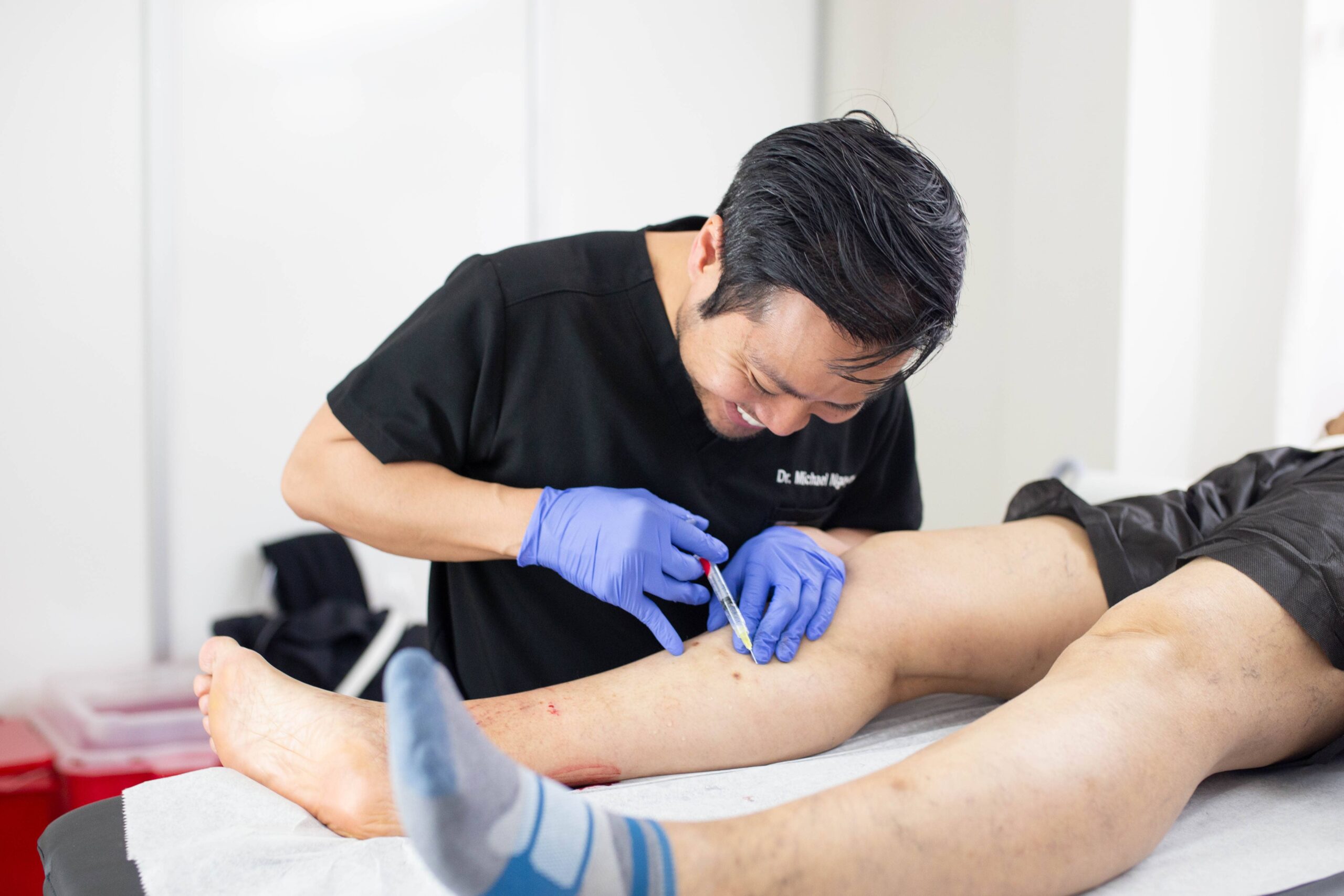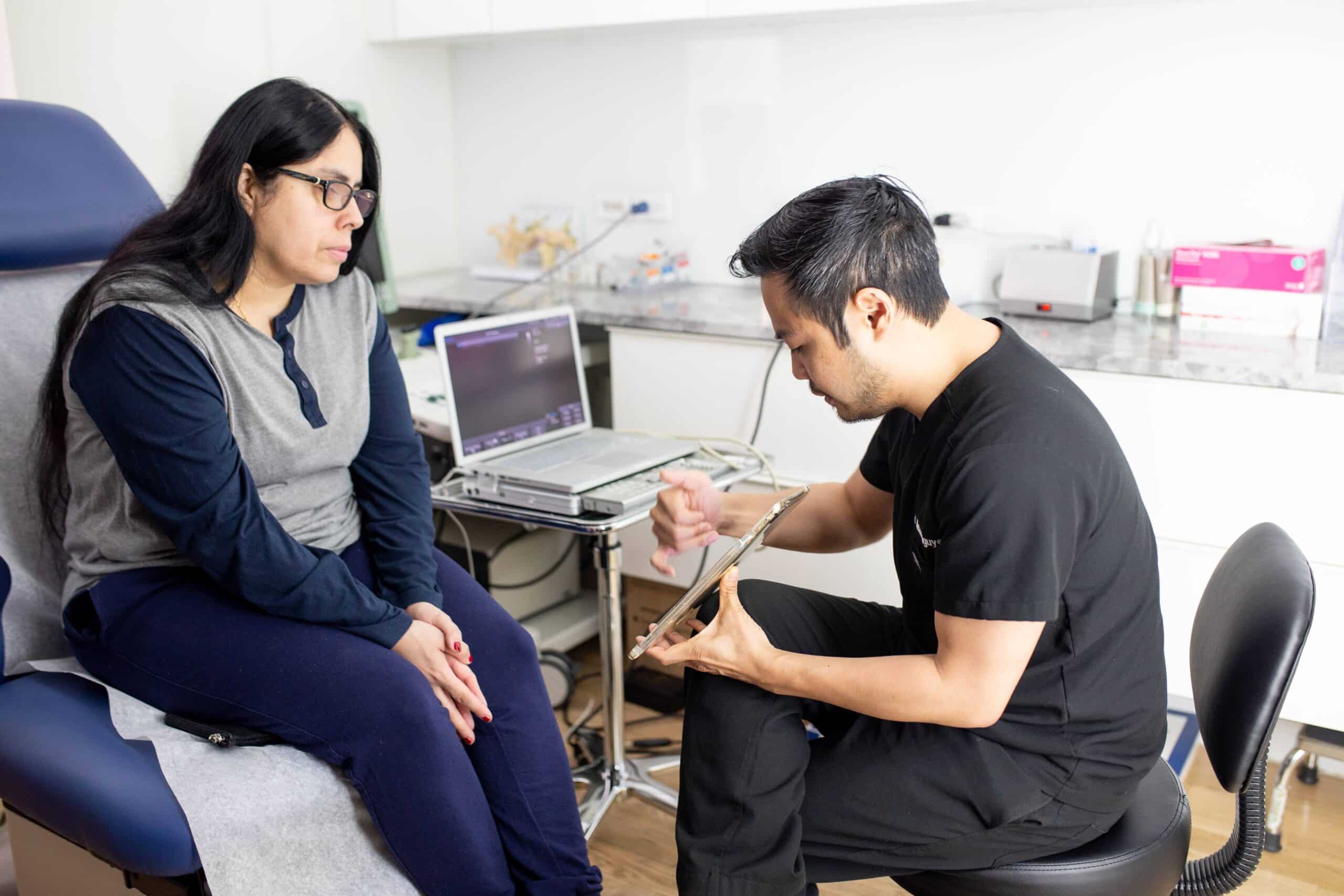How To Recognize Chronic Venous Insufficiency: Signs And Symptoms
Venous disease usually occurs when your veins are not working properly. Venous insufficiency is the reason that your veins are facing difficulty sending blood back to your heart. This condition stops the blood from flowing properly through your body, which causes a pool in the veins in your legs. Veins carry blood back to the heart, and arteries carry blood from your heart to the other body parts. When this process gets interrupted, the veins stop moving blood backwards, which causes vein diseases. But how to recognize the signs of chronic venous insufficiency? Get into this article to learn about the signs of chronic venous insufficiency.
What is Chronic Venous Insufficiency?
Chronic venous insufficiency CVI stops the flow of the blood back to the heart. Usually, the valves in the veins usually ensure blood flows perfectly toward your heart. But when these valves in the veins don't work correctly, the blood flows backwards. Therefore, this causes blood to pool in your leg's skin. This blood pool is just under the skin and is visible easily. CVI can be painful but usually does not cause any severe health issues. However, treatment is necessary to avoid any further health complications.
Symptoms of venous insufficiency
Here are some of the symptoms of venous insufficiency that include:
- Extreme pain when standing up and sometimes causes cramps in the legs.
- Swelling in ankles or legs
- Throbbing pain or heaviness in the legs
- Itching in the legs
- Weakness in leg and aching
- Thickening of the skin of legs or ankles
- Discoloration of the skin, especially around the ankles
- Tight calves
- Ulcers in the legs
- Varicose veins

How Is Chronic Venous Insufficiency Diagnosed?
The vein specialist does a physical examination to diagnose chronic venous insufficiency. The doctor will examine your legs and ask about your lifestyle and the symptoms you have. When you rise and sit with your legs hanging down, your doctor will examine the veins in your legs. Imaging tests may be prescribed by your doctor. You may have the following tests: vascular testing and diagnostic labs. You could undergo the following tests:
Duplex ultrasound: This non-invasive test can show other conditions, including a blood clot, using sound waves to reveal blood flow in your veins.
CT or MRA scan: Your doctor may prescribe a CT or MRA scan to reveal blockages or constricted veins in your legs and abdomen if you have significant swelling that is hard to cure.
If you are thinking, “what is a vascular doctor called?” or “what types of doctors can help with varicose veins?” you must know that a vein specialist or vascular doctor treats vein disease.
Procedures
Your doctor may advise a minimally invasive treatment or surgery if your more severe CVI symptoms don't improve with medication. These treatments cut off the troublesome vein. Your body uses different blood veins to divert blood flow.
Phlebectomy: A vascular surgeon makes small incisions in your leg to remove the injured vein during a phlebectomy treatment. You'll need to wear compression stockings for a few weeks following the treatment, but you may quickly resume your regular activities.

Laser therapy: A small tube is used in minimally invasive treatments such as radiofrequency ablation (RFA) and laser therapy (catheter). An RFA (heat) device or a small laser is inserted into the vein by your doctor. The vein is sealed shut by the heat.
Sclerotherapy: In this process, your veins are injected with a chemical solution or salt water. The vein becomes harder and eventually goes away due to the treatment. To remove the troublesome vein, your vascular surgeon may administer several procedures.
Vein stripping: Vein stripping is an outpatient surgical operation used to remove the saphenous vein, a big vein located close to the surface of the leg. Your vascular surgeon extracts the vein by making tiny incisions. If previous therapies are unsuccessful, vein stripping can be a possibility.
In Conclusion:
If you are undergoing any type of vein disease, it is vital to treat your symptoms. If you see any of the symptoms mentioned above, visit a vein specialist with certifications. Search for “what doctor treats varicose veins” to learn more about vein specialists.
Comments
Post a Comment